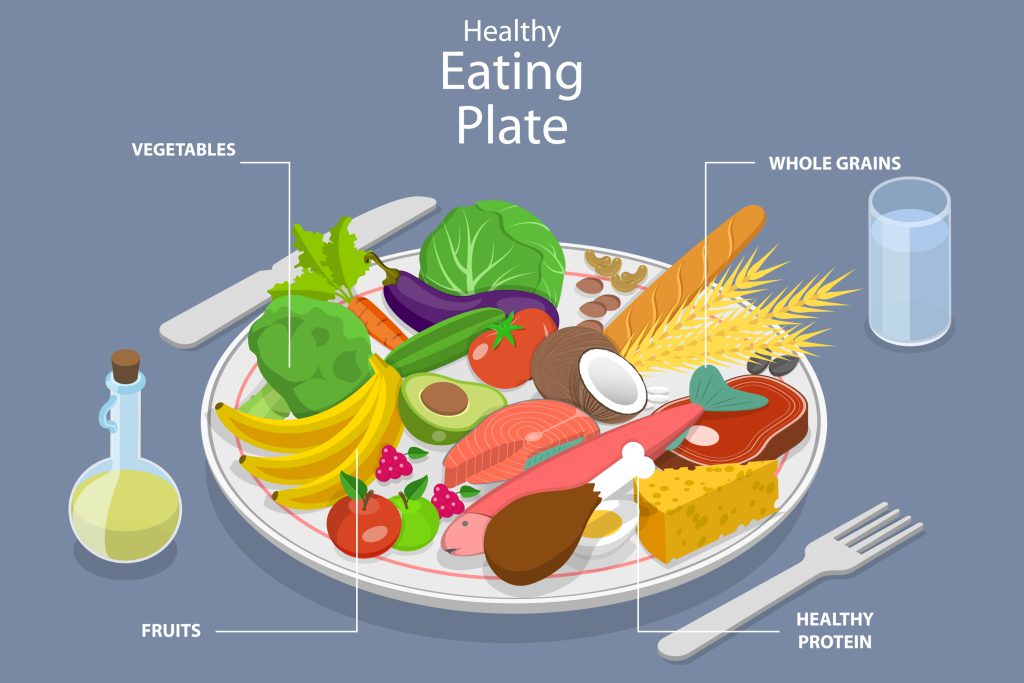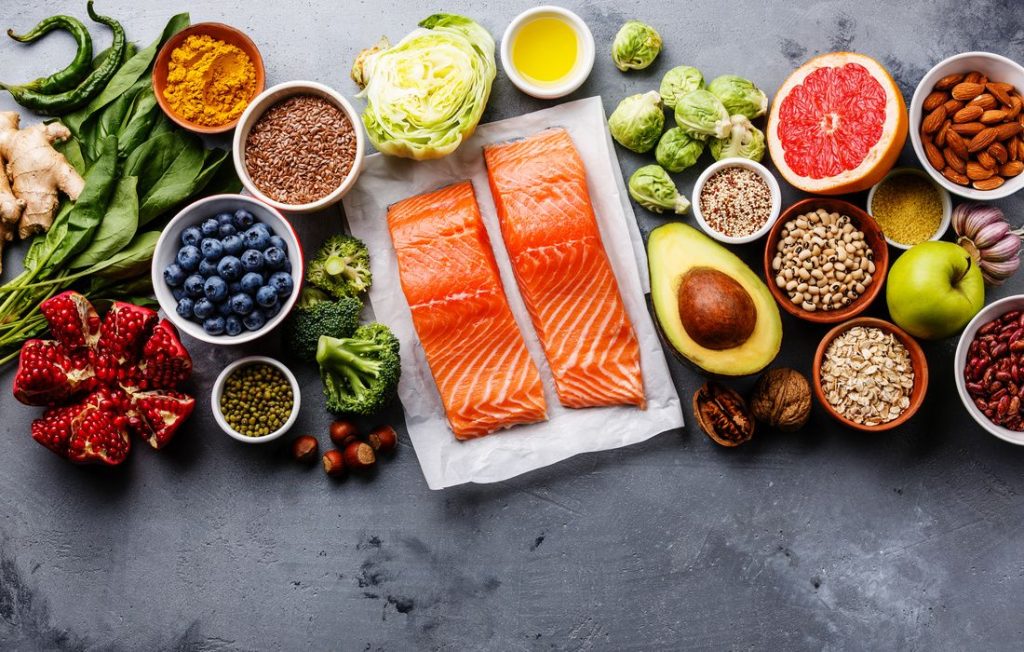
Maintaining a healthy diet is one of the most important steps toward overall well-being. With busy lifestyles, processed foods, and tempting snacks everywhere, making nutritious choices can feel challenging. However, adopting healthy eating habits doesn’t have to be complicated. Small, consistent changes can significantly improve your physical health, mental clarity, and energy levels. Here are practical tips to help you eat healthier and feel your best.
1. Focus on Whole Foods

The foundation of a healthy diet is whole foods—foods that are minimally processed and close to their natural state. Fresh fruits, vegetables, whole grains, lean meats, nuts, seeds, and legumes provide essential vitamins, minerals, and fiber. Incorporating these foods into your daily meals can reduce the risk of chronic diseases like heart disease, diabetes, and obesity.
When grocery shopping, try to shop mostly along the perimeter of the store, where fresh produce, meats, and dairy are usually located. Avoiding overly processed foods, such as sugary snacks, instant meals, and soda, can make a significant difference in your overall health.
2. Prioritize Fruits and Vegetables
Fruits and vegetables are nutrient powerhouses, loaded with vitamins, minerals, antioxidants, and fiber. Aim to fill half your plate with colorful fruits and vegetables at every meal. Eating a variety ensures that you get a broad range of nutrients. For example, dark leafy greens like spinach and kale are rich in iron and calcium, while berries provide antioxidants that protect your cells from damage.
If you struggle to eat enough vegetables, try adding them to smoothies, soups, omelets, or stir-fries. Even snacking on raw carrots, bell peppers, or cucumber slices can increase your daily intake.
3. Choose Lean Proteins

Proteins are essential for building and repairing tissues, supporting the immune system, and maintaining muscle mass. Opt for lean sources of protein, such as chicken, turkey, fish, eggs, tofu, legumes, and low-fat dairy. Fish, in particular, is rich in omega-3 fatty acids, which promote heart and brain health.
Plant-based proteins, like beans, lentils, and quinoa, are excellent alternatives for vegetarians and also provide fiber to aid digestion. Balancing your protein intake throughout the day can help control hunger and reduce overeating.
4. Incorporate Healthy Fats
Not all fats are bad. Healthy fats, found in avocados, nuts, seeds, olive oil, and fatty fish, are essential for brain function, hormone production, and absorbing fat-soluble vitamins. Replacing saturated and trans fats from fried foods, pastries, and processed snacks with these healthier options can improve cholesterol levels and support heart health.
Remember, moderation is key. Healthy fats are calorie-dense, so even small portions—like a handful of nuts or a tablespoon of olive oil—can be beneficial without overloading your diet.
5. Watch Portion Sizes
Even nutritious foods can contribute to weight gain if portion sizes are too large. Using smaller plates, measuring servings, and paying attention to hunger cues can help prevent overeating. Learning to listen to your body—eating when hungry and stopping when satisfied—is a powerful habit for long-term health.
6. Stay Hydrated

Water is often overlooked but plays a crucial role in healthy eating. Drinking enough water helps digestion, keeps your metabolism functioning efficiently, and can reduce unnecessary snacking caused by thirst mistaken for hunger. Aim for at least 8 glasses of water per day, more if you are physically active or live in a hot climate. Herbal teas and infused water are great alternatives for variety.
7. Plan Your Meals
Planning meals ahead of time reduces the temptation to rely on fast food or sugary snacks. Meal prep can help ensure balanced nutrition throughout the week, save money, and reduce stress. Include a mix of proteins, complex carbohydrates, and vegetables in each meal for sustained energy.
8. Limit Added Sugar and Salt
Excess sugar and salt can negatively affect your health, leading to weight gain, high blood pressure, and other health issues. Read labels carefully and aim to minimize processed foods that are high in these ingredients. Sweeten foods naturally with fruits or small amounts of honey, and use herbs, spices, and citrus to flavor dishes instead of relying solely on salt.
9. Practice Mindful Eating
Mindful eating encourages you to focus on the experience of eating—savoring flavors, textures, and aromas—while paying attention to your body’s hunger and fullness signals. Eating without distractions, like television or smartphones, can prevent overeating and improve digestion.
10. Be Consistent, Not Perfect
Healthy eating is not about perfection. Occasional treats are fine as long as your overall pattern is nutritious. Consistency matters more than strict rules. Making small, sustainable changes is more effective than attempting drastic diets that are hard to maintain.
Conclusion
Healthy eating is a lifelong journey, not a temporary fix. By prioritizing whole foods, staying hydrated, practicing portion control, and making mindful choices, you can improve your physical health, boost your energy, and enhance your overall quality of life. Start with one or two tips today, and gradually incorporate more for lasting results. Small steps can lead to big changes over time.
